News
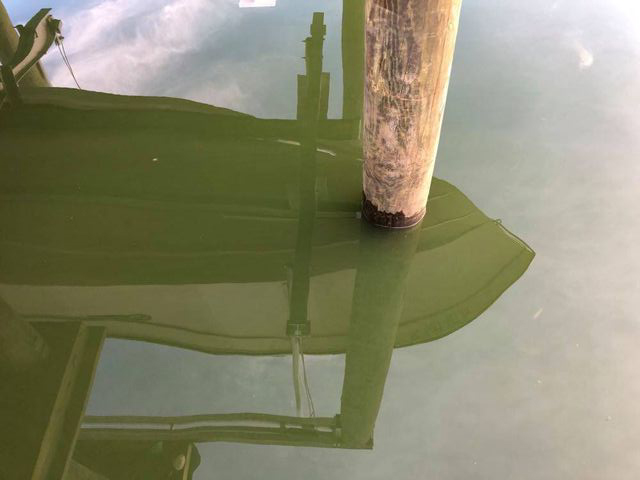

We are heading into algal-bloom season, and some early ones have been spotted on local waterways.
If you encounter water that looks scummy, discolored or has a bad odor, keep yourselves and your pets out of it — some algal blooms can produce toxins that can be harmful (and cause fish kills).
While the heavy rain eastern North Carolina received over winter could have flushed the estuarine system out and decreased nutrients in the waters, drought conditions through most of spring could be leading to a higher concentration of nutrients entering the waterways through runoff when it does rain, according to Lower Neuse Riverkeeper Katy Hunt. Reports of potential algal blooms/lack of oxygenated water in Bath Creek and creeks on the northern side of the Pamlico River have been reported over the past week.
“The algal blooms are a result of too many nutrients in the water, and there are so many sources of those nutrients,” Hunt said. “We can have algal blooms that don’t result in massive fish kills, but I would be surprised if we didn’t get a single fish kill this year.”
Lsat year, Neuse River suffered a five-week-long fish kill directly caused by algal blooms.
Hunt said there are ways everyone can participate in water-quality efforts this summer: individuals can take basic preventative measures by picking up their pets’ waste (to avoid it becoming part of run-off into waterways) and avoiding applying excess fertilizer/pesticides on yards bordering those waterways.
Encouraging your local officials to invest in green stormwater infrastructure, such as constructed wetlands, which filter pollution and nutrients from water, is another option.
“We need our towns and cities along our rivers to limit their amounts of nutrients in our waterways,” Hunt said. “There are things that can be done, big and small, on the individual level and on the state level, and these are all things that should be done.”
If you see what could be an algal bloom, use our “Report A Problem” link above or take a photo and messenger it through Facebook or email to info@soundrivers.org – we’ll check it out for you!
Related News
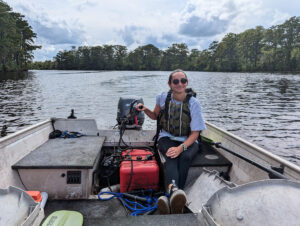
Riverkeeper monitoring Tar-Pamlico Water Trail
July 25th 2024

Rain ramps up trash-trap cleanouts
July 25th 2024

Riverkeeper, intern take on emergency trash trap cleanout
July 25th 2024

Tar-Pam Riverkeeper investigates Cub Creek turbidity
July 25th 2024
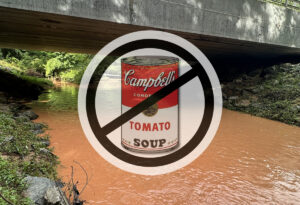
Heavy rains lead to sky-high turbidity on Lick Creek
July 25th 2024
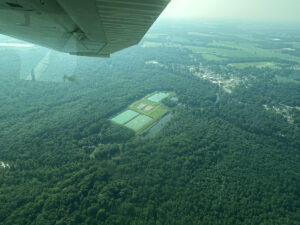
Riverkeeper: What goes up, must come down
July 18th 2024
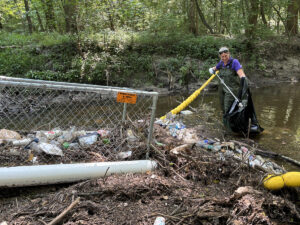
Greenville’s trash trap gets emergency cleanout
July 18th 2024

Sound Rivers gets close up of cyanobacteria
July 18th 2024

